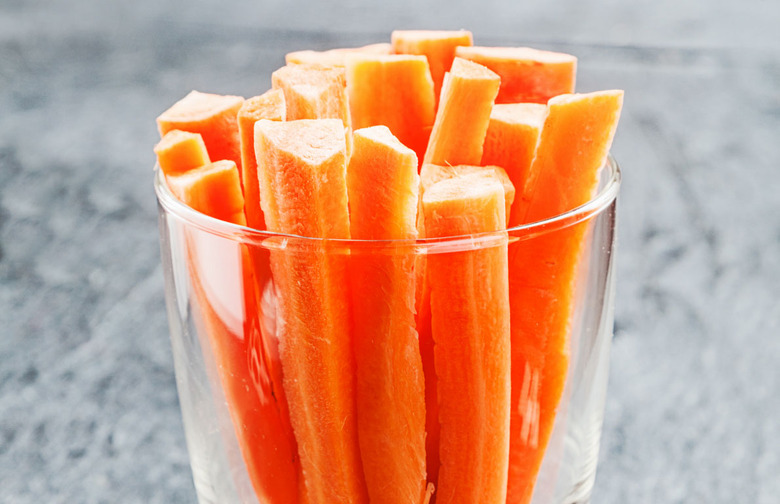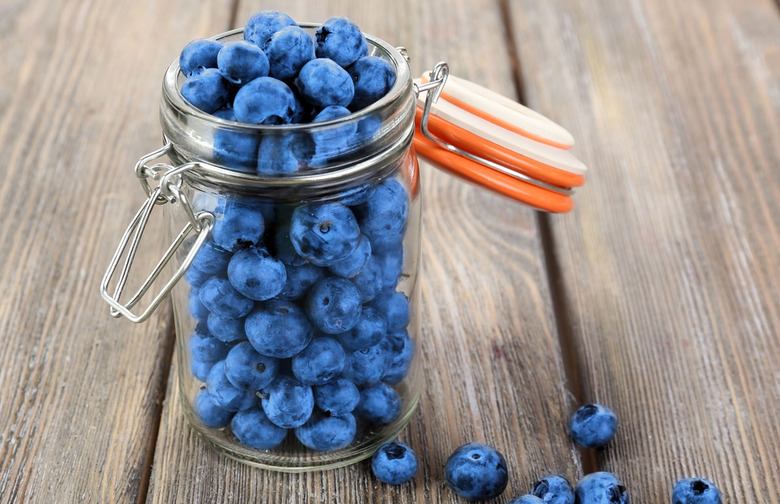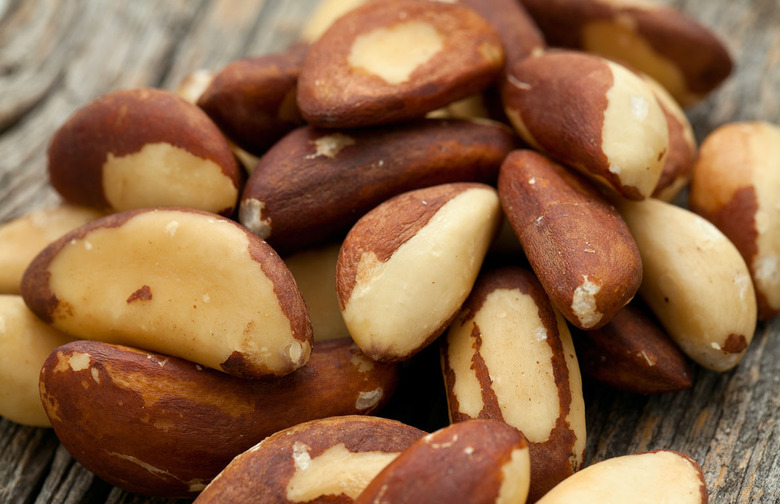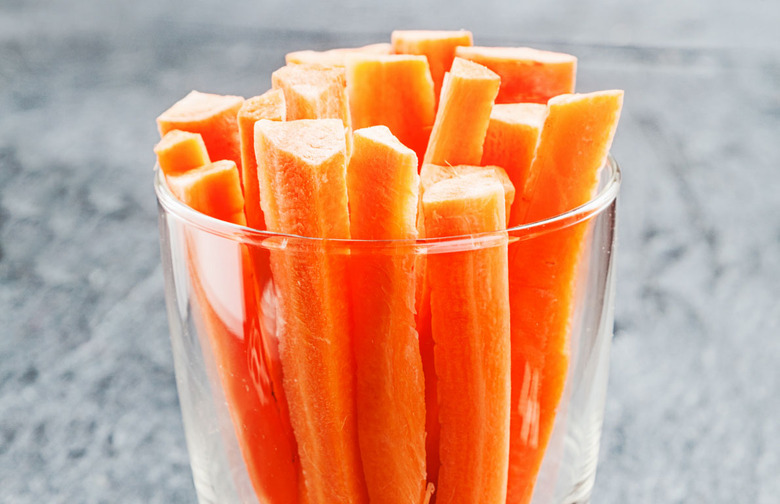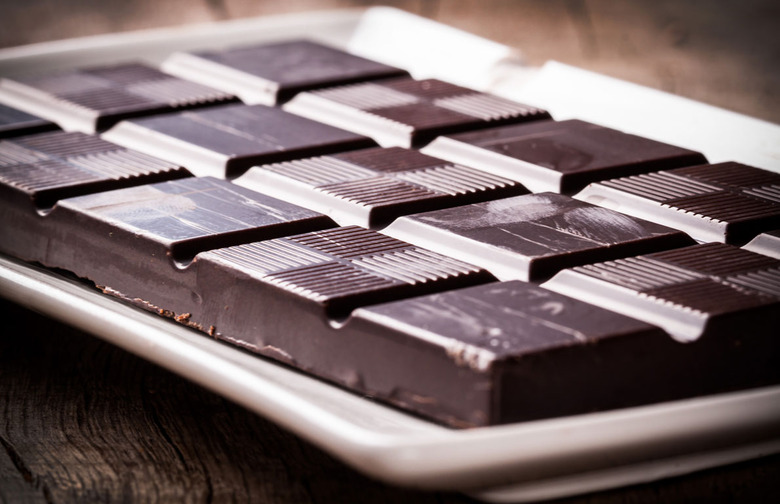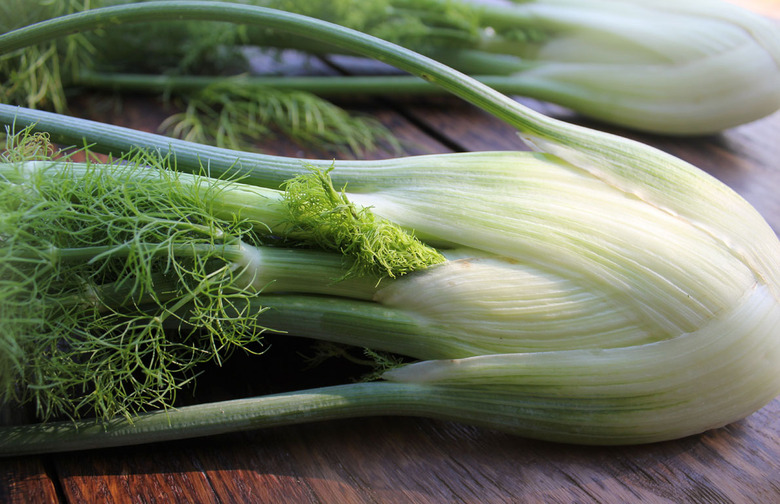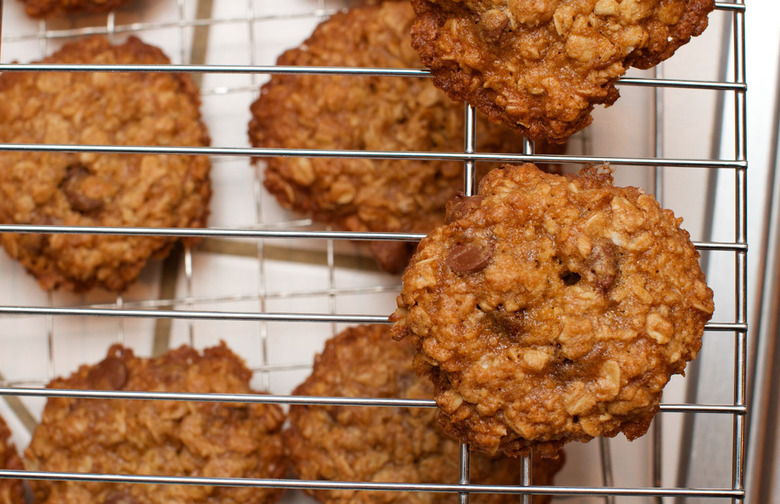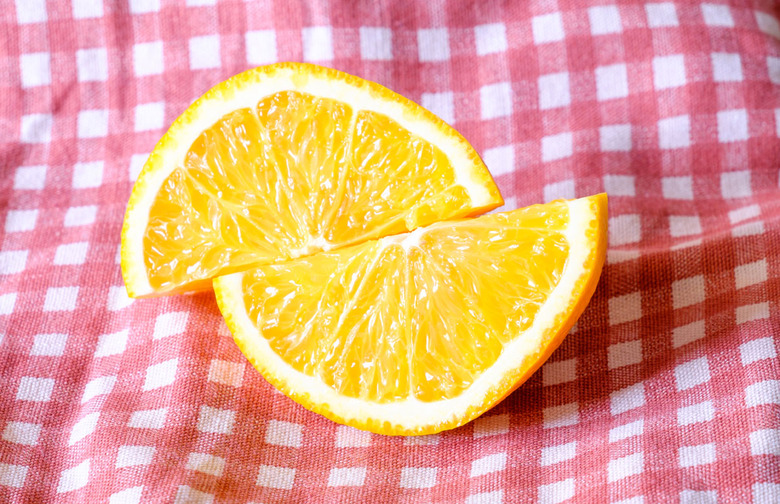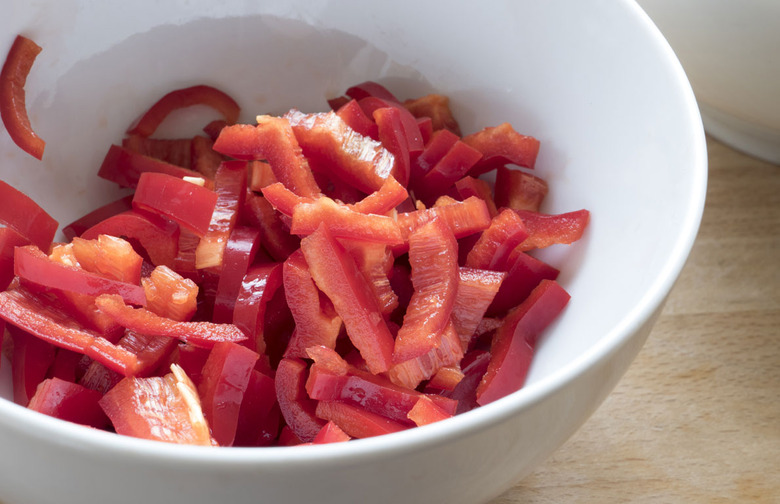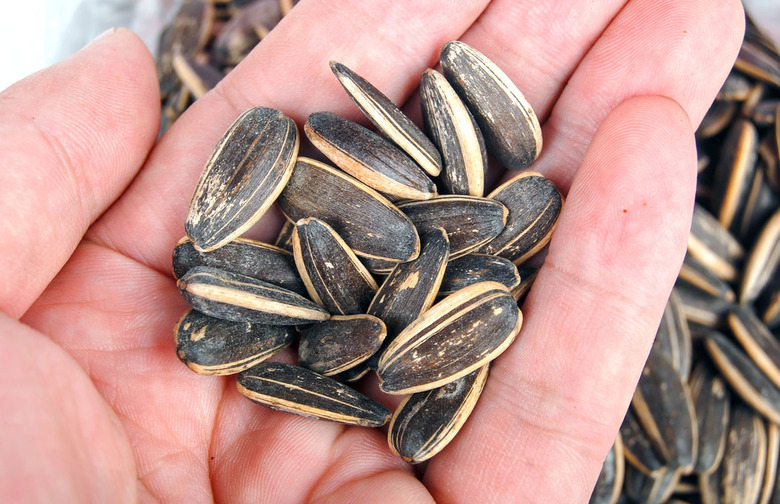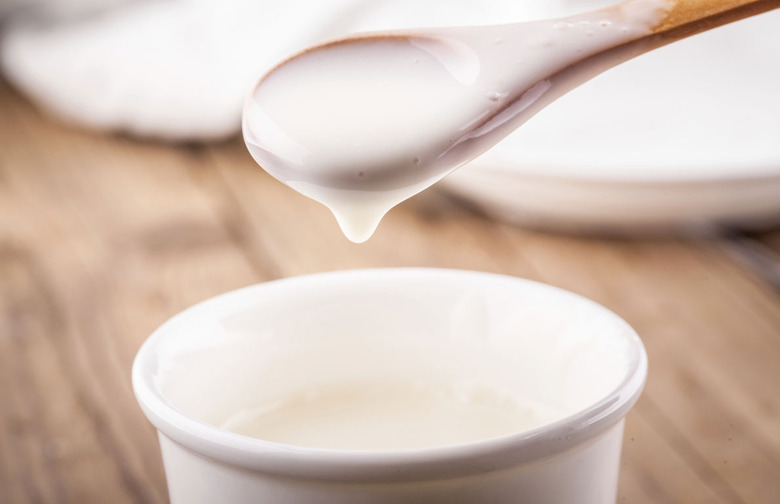Fight The Office Cold By Packing These Snacks For Work
Your office at work is like preschool in a lot of ways. For one, it's an incubus of germs that flow freely from one office mate to the next, infecting any unprepared cubicles along the way. Keeping hand sanitizer within arm's reach will certainly help wash away any of the germs you pick up along the way. Boosting your immune system, however, is a smarter way to head off the office cold at the pass.
Blueberries
Blueberries are a superfood. Per serving, they are packed with moreantioxidants than any other fruit or vegetable and are high in vitamins A and C, zinc, potassium, magnesium, and iron. They boost immunity against everyday illness and also help to fight belly fat. Is there a reason you aren't shoving these in your face right now?Try our Healthy Blueberry Muffin recipe
Brazil Nuts
Brazil nuts are rich in protein, omega fats, and selenium, a mineral that helps guard against colds, flu, and infection. Since the body only needs a small amount of selenium a day, snack on these sparingly and stick to the right serving size.
Try our Banana Bread with Brazil Nuts and Dark Chocolate Swirls recipe
Carrots
Carrots are rich in beta-carotene. Beta-carotene is converted into vitamin A in the body. Vitamin A is essential for building and maintaining a healthy and strong immune system. Specifically, it helps keep skin and mucous membranes in our nose, sinuses, and mouth healthy. Since these areas are the body's first line of defense, boosting your body's intake is essential for the season.
Dark Chocolate
Don't plan on setting up a fondue pot at your desk. To reap the immunity-boosting benefits of dark chocolate, you have to stick to a bite-sized serving size. One-quarter ounce of dark chocolate (with a cocoa content of 70 percent or higher) contains the antioxidant polyphenol and high levels of zinc
Fennel
Swap out your kale chips for some fennel this season. Fennel is a natural expectorant and can help clear congestion and soothe a cough. One cup of chopped fennel bulb contains almost 20 percent of the daily requirement of vitamin C, so this snack is a rich source of a vitamin you'll want to stock up on this season
Milk
Milk really does a body good. Rich in vitamin D, it may help keep colds away. Since you aren't getting much of the sun's beneficial vitamin D in colder weather, get your daily dose with milk. It will help deliver that much needed vitamin D boost to help ward off winter colds and reduce the risk of upper respiratory infection.
Oats
Oatmeal is full of healthy things like vitamin E, zinc, selenium, copper, iron, magnesium, and insoluble fiber, including beta-glucan. The beta-glucan in oats contains antimicrobial and antioxidant properties. According to aNorwegian study, this strain of fiber is more potent than echinacea in boosting your immune system, speeds healing, and helps antibiotics to work better.
Oranges
Popping vitamin C supplements and downing fizzy immune-boosting drinks are a few ways to get your daily dose of vitamin C. Make your life simpler and eat an orange. It's the most direct way to get the valuable vitamin C found in citrus fruits. Vitamin C helps improve the immune system, produces and repairs skin tissue, and is an antioxidant against harmful free radicals. Studies have shown that the benefits of vitamin C in helping to fight the common cold may be particularly strong when people are exposed to stress or cold weather.
Red Peppers
Bell peppers have almost three times the vitamin C of a medium orange, making them a supercharged vitamin-packed snack. No two peppers are created equal, so be sure to choose red over green (they have more vitamin C, since greens are just unripe reds).
Sunflower seeds
A handful of sunflower seeds delivers a significant amount of vitamin E, magnesium, and selenium. Vitamin E is an antioxidant that prevents damage in cell walls and is essential to lung health. Healthy lungs mean less phlegm production.
Yogurt
The probiotics found in yogurt help keep your digestive track free of disease-causing germs and bad bacteria. Be sure to look for the "live active cultures" addition on the label, as these are the ones that contain probiotics.
